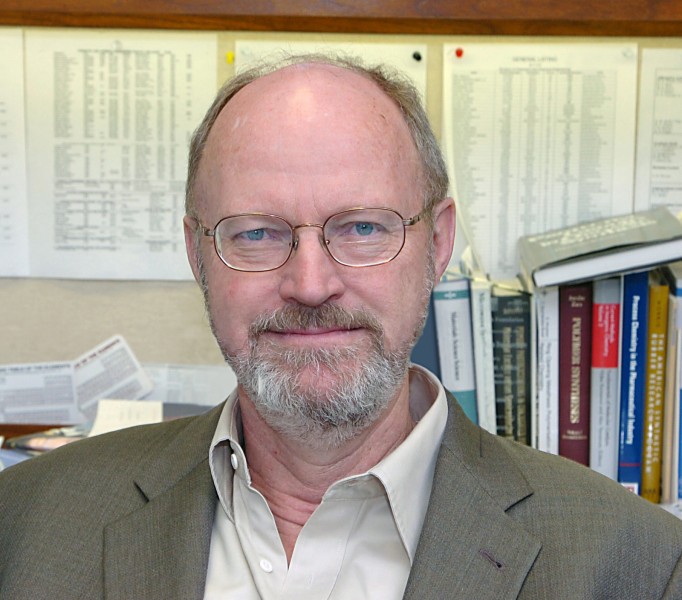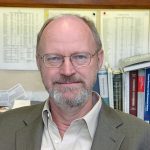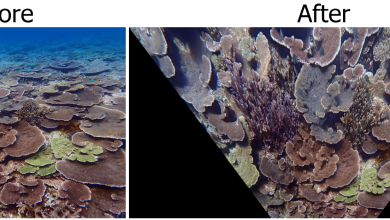Chemistry Nobel Prize Winner Grubbs to Lecture at Florida Tech Feb. 5
MELBOURNE, FLA.—Florida Institute of Technology will present 2005 Nobel Laureate in Chemistry, Professor Robert H. Grubbs of California Institute of Technology, as the university’s 15th A. H. Blatt Seminar speaker. The lecture, hosted by Professor Nasri Nesnas of the chemistry department, will take place on Feb. 5, from 5 to 6:30 p.m., in the Gleason Performing Arts Center. The public is invited to attend this free lecture.
Grubbs received the 2005 Nobel Prize in Chemistry, along with Richard R. Schrock and Yves Chauvin, for his work in the field of olefin metathesis, which is simply the exchange of certain types of chemical groups known as double bonds (aka Olefin or alkene units). This chemical transformation, which can be thought of as the “magical chemical stitching” technique, is analogous to swing dancers holding both hands and later exchanging partners with a neighboring couple, facilitated by the dance instructor (the catalyst).
The catalyst, developed and popularized as Grubbs’ catalyst, essentially allows for facile chemical attachments or ligations making a variety of structures ranging from small pharmaceutical drugs to larger polymeric types such as plastics and other materials. The catalyst was revolutionary since it can essentially be thought of as the “duct tape,” which can attach any molecules that carry a double bond at their end.
Grubbs, trained as an organic chemist, earned his bachelor’s and master’s degrees in chemistry from the University of Florida, where he worked with Professor Merle Battiste. He earned a doctoral degree in 1968 from Columbia University, working with Professor Ronald Breslow. After a year at Stanford University with Professor James Collman, Grubbs was appointed to the faculty of Michigan State University. In 1978 he joined California Institute of Technology where he is currently the Victor and Elizabeth Atkins Professor of Chemistry.
His many other awards include: Alfred P. Sloan Fellow, 1974-1976; Camille and Henry Dreyfus Teacher-Scholar Awards, 1975-1978; Alexander von Humboldt Fellowship, 1975; Arthur C. Cope Scholar Award, 1990; Nagoya Medal of Organic Chemistry, 1997; American Chemical Society (ACS) Benjamin Franklin Medal in Chemistry, 2000; ACS Herman F. Mark Polymer Chemistry Award, 2000; ACS Herbert C. Brown Award for Creative Research in Synthetic Methods, 2001; Tolman Medal, Pauling Award Medal and Tetrahedron Prize for Creativity in Organic Chemistry, 2003; and several honorary degrees. He was elected to the National Academy of Sciences in 1989; and to the American Academy of Arts and Sciences in 1994. He is also a member of the advisory board of the USA Science and Engineering Festival.






